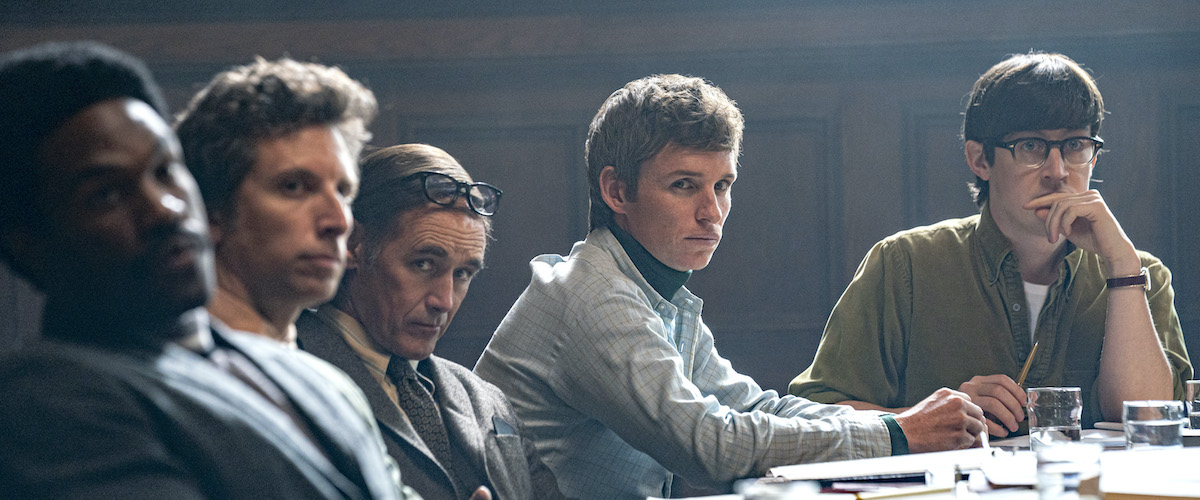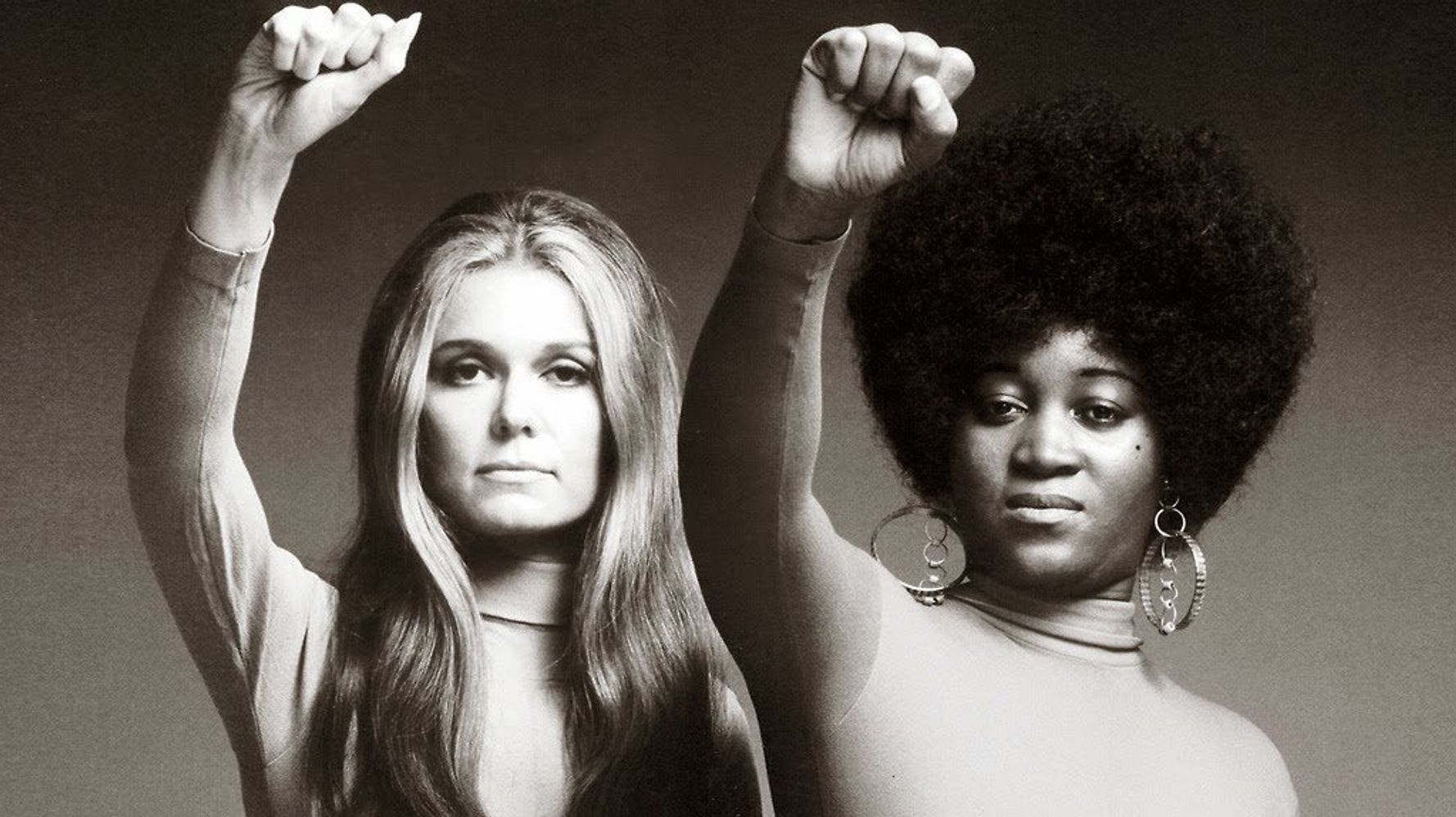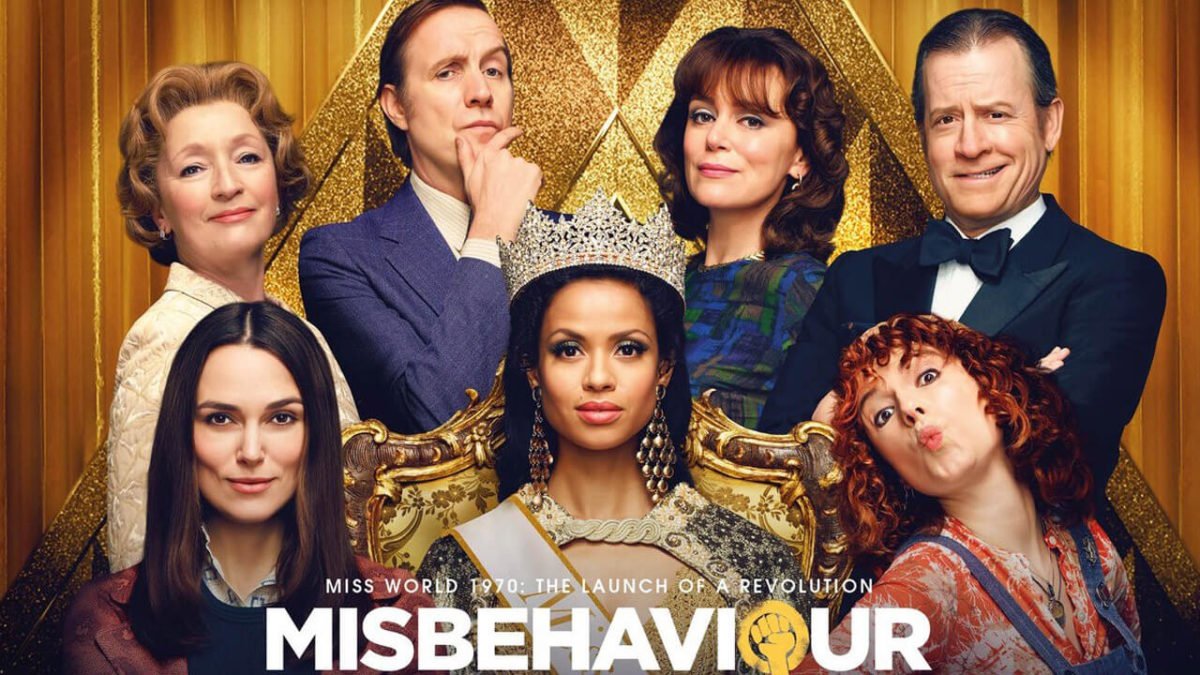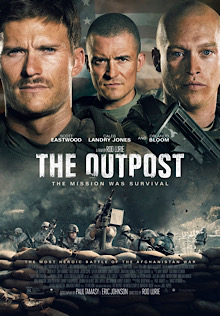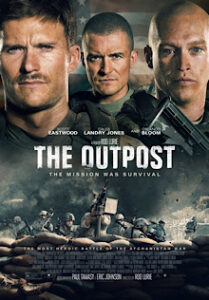Interview: Aaron Sorkin on “The Trial of the Chicago 7”
Posted on October 14, 2020 at 8:00 am

Aaron Sorkin answered questions from a small group of critics about “The Trial of the Chicago 7,” premiering this Friday, October 16, on Netflix. The all-star cast play the eight men accused of conspiracy and incitement to riot at demonstrations during the 1968 Democratic convention in Chicago. The highly unpopular Vietnam war and the frustration with candidates who seemed old and out of touch, the fury at the loss of Martin Luther King and Robert Kennedy earlier that year, led several groups to send protesters to the convention. Mayor Richard J, Daley called in the National Guard and gave the local police orders to “shoot to kill.” The battle between the police and the demonstrators became very violent and many were arrested and injured.
In the film, Nixon’s new Attorney General, John Mitchell (later sent to prison himself for crimes associated with Nixon’s re-election and the Watergate scandal) orders the District Attorney to bring charges. Among the eight defendants (later reduced to seven when one’s case was separated), the two characters that are the focus of the film are the flamboyant, outspoken Abbie Hoffman (Sasha Baron Cohen) and the quieter, more traditional Tom Hayden (Eddie Redmayne).
Sorkin told us that he first met with Steven Spielberg in 2006 to talk about the film. Spielberg asked Sorkin if he would be interested in writing a film about the Chicago 7. Sorkin said “It sounds like a great idea; I’d love to do it,” then “as soon as I left his house I called my father to ask who the Chicago 7 were.”
The trial, which was filled with colorful characters and memorable confrontations, exemplified and embodied many of the conflicts of the era, between old and young (this was the era when the term “generation gap” was popular), between tradition and upheaval in resolving issues of civil rights and social justice.
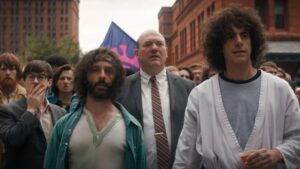
It was front page news around the world in 1969 but not generally remembered today. “I had to go to school on this,” Sorkin told us. That included the many books on the trial and the 21,000-page trial transcript. But most valuable to him was the time he spent talking with the late Tom Hayden, one of the leaders of the group. “In my head, the film organized itself into three stories that would be told at once: the courtroom drama, the evolution of what was supposed to be a peaceful protest into a riot, a violent clash with the police and the National Guard, and the third story, one that wasn’t in any of the books or the trial transcript, and that I would only be able to get from Tom, was the relationship between Tom and Abbie , two guys on the same side who can’t stand each other, who each think the other is doing harm to the movement, but in the end they come to respect each other. I turned in the first draft and the next day the Writer’s Guild went on strike.”
So, everything was on hold and the film kept getting “kicked down the road for a while, until two things happened at once. One was that Donald Trump got elected. And he was holding big rallies where he would say of a protester, ‘In the old days they would have carried that guy out of here on a stretcher; I’d like to punch him in the face and beat the crap out of him,’ being nostalgic for 1968, and by that time I had directed my first film, ‘Molly’s Game,’ so Steven said, ‘The time is now and you should direct it.'”
“We thought the film was pretty relevant when we were making it last winter. We didn’t need it to get more relevant, but obviously, it did.” He spoke about seeing tear gas and nightsticks used at the Black Lives Matter protests “with Donald Trump in the role of Mayor Daley. We couldn’t believe our eyes; it was chilling, it was shocking.” He said he had been asked whether he made changes in the script to reflect the current conflicts, to make the parallels more explicit. “The answer is, not a word, not a frame. Events in the world changed to mirror the script…Ultimately, I feel like the film has been on a 14-year crash course with history.”
The only part of the story that could not be found in a book or the trial transcript was the relationship between Hayden and Hoffman, so that became the heart of the story. There was another key point he learned from Hayden that becomes significant in the film, which I won’t spoil here. “It’s a personal story. Most of the conflict in the story is about ideas, but it gets more personal than that. I was coming at these people and at this event with next to no knowledge at all…Coming at this with no preconceived notions turned out to be a blessing. I had a hard time getting fully on board with Abbie Hoffman…I found his antics counterproductive, the way Hayden does. I wanted to have my cake and eat it, too. But I wanted him to be a hero. Tom and Abbie kind of balance each other out. It’s a reflection of the Democratic party today, the intramural friction between the left and the further left, between people who want incremental change and want to work within the system and people who are tired of incremental change and want revolution. I have respect for both of those points of view and I have respect for both men as well as the others, and I thought that was an argument that belonged in this film and that the tension throughout between the two of them that was leading to an explosion in the third act was helpful for the film.”
Sorkin talked to “smart people” of the era, not necessarily involved but with strong, principled views about the issues and who was right and who was wrong, “to see how much of other people’s intelligence I could borrow and inject into the film.”
He talked about the challenges of shooting riot scenes on a budget, with help from the real-life locations, like Chicago’s Grant Park, which allowed them to blend new footage with archival images. “I don’t want to be glib, but the tear gas was helpful, too, having all that smoke, we could camouflage certain things, make it look like more people there than there really were.”
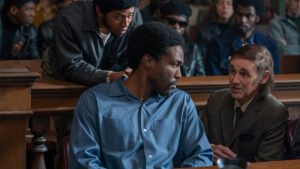
Sorkin talked about what it is appropriate to change in a story based on real life. “There’s a difference between what you are doing and journalism, just like there’s a difference between a painting and a photograph.” He gave an example from “The Social Network,” where in real life Zuckerberg drank beer, but Sorkin thought a screwdriver was “more cinematic.” Director David Fincher disagreed, and in the movie it is beer. Here, one departure from the real story was the look of the courtroom itself. The real-life courtroom was an unprepossessing mid-century design that “looked like a middle school multi-purpose room.” The grander one in the film better suggests the power dynamic in the force of the US government being brought to bear on the protesters. “Real courtroom scenes aren’t as entertaining and snappy and dramatic.” And the real trial went on for almost six months. “Your inner compass has to decide what’s an important truth and what’s an unimportant truth — and if yours is broken, the studio legal department will be glad to help you out.”

